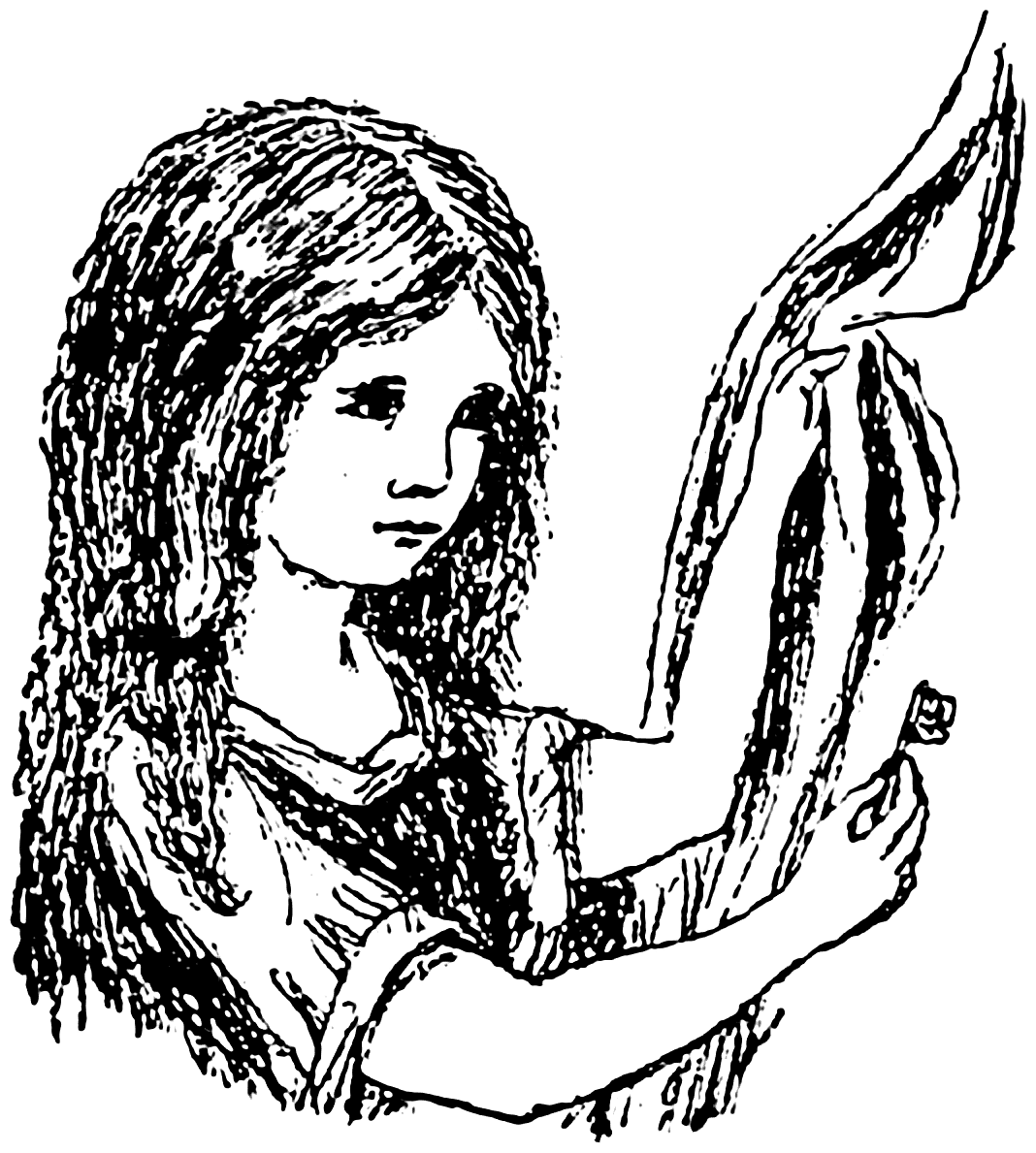‘The time has come,’ the walrus said, ‘to talk of many things: of shoes and ships – and sealing wax – of cabbages and kings.’
Meaning of the quote
The walrus in this quote is saying it's time to discuss all sorts of different topics, from practical things like shoes and ships, to more unusual things like sealing wax and even kings. The walrus wants to have a wide-ranging conversation that covers many different subjects, not just one specific thing. This quote shows how the walrus is ready to explore a variety of interesting ideas and have an open-ended discussion.

About Lewis Carroll
Lewis Carroll, the famous English author, poet, and mathematician, is best known for his beloved classics Alice’s Adventures in Wonderland and Through the Looking-Glass. As a skilled wordsmith and logician, he created beloved works of literary nonsense, including the iconic poems Jabberwocky and The Hunting of the Snark. Carroll’s life and legacy continue to fascinate readers and scholars around the world.
More quotes from Lewis Carroll
One of the secrets of life is that all that is really worth the doing is what we do for others.
British author and scholar (1832-1898)
His answer trickled through my head like water through a sieve.
British author and scholar (1832-1898)
‘When I use a word,’ Humpty Dumpty said in rather a scornful tone, ‘it means just what I choose it to mean – neither more nor less.’
British author and scholar (1832-1898)
Why, sometimes I’ve believed as many as six impossible things before breakfast.
British author and scholar (1832-1898)
While the laughter of joy is in full harmony with our deeper life, the laughter of amusement should be kept apart from it. The danger is too great of thus learning to look at solemn things in a spirit of mockery, and to seek in them opportunities for exercising wit.
British author and scholar (1832-1898)
Take care of the sense and the sounds will take care of themselves.
British author and scholar (1832-1898)
There comes a pause, for human strength will not endure to dance without cessation; and everyone must reach the point at length of absolute prostration.
British author and scholar (1832-1898)
Sometimes I’ve believed as many as six impossible things before breakfast.
British author and scholar (1832-1898)
Always speak the truth, think before you speak, and write it down afterwards.
British author and scholar (1832-1898)
If you don’t know where you are going, any road will get you there.
British author and scholar (1832-1898)
Who in the world am I? Ah, that’s the great puzzle.
British author and scholar (1832-1898)
I can’t go back to yesterday – because I was a different person then.
British author and scholar (1832-1898)
‘But I don’t want to go among mad people,’ said Alice. ‘Oh, you can’t help that,’ said the cat. ‘We’re all mad here.’
British author and scholar (1832-1898)
Begin at the beginning and go on till you come to the end; then stop.
British author and scholar (1832-1898)
Which form of proverb do you prefer Better late than never, or Better never than late?
British author and scholar (1832-1898)
Twinkle, twinkle little bat How I wonder what you’re at! Up above the world you fly, Like a tea-tray in the sky.
British author and scholar (1832-1898)
No good fish goes anywhere without a porpoise.
British author and scholar (1832-1898)
I have proved by actual trial that a letter, that takes an hour to write, takes only about 3 minutes to read!
British author and scholar (1832-1898)
Oh, ’tis love, ’tis love that makes the world go round.
British author and scholar (1832-1898)
Sentence first, verdict afterwards.
British author and scholar (1832-1898)
Contrariwise, if it was so, it might be; and if it were so, it would be; but as it isn’t, it ain’t. That’s logic.
British author and scholar (1832-1898)
The rule is, jam tomorrow and jam yesterday – but never jam today.
British author and scholar (1832-1898)
There are three hundred and sixty-four days when you might get un-birthday presents, and only one for birthday presents, you know.
British author and scholar (1832-1898)
Everything’s got a moral, if only you can find it.
British author and scholar (1832-1898)
That’s the reason they’re called lessons, because they lesson from day to day.
British author and scholar (1832-1898)
It’s a poor sort of memory that only works backwards.
British author and scholar (1832-1898)
But I was thinking of a way To multiply by ten, And always, in the answer, get The question back again.
British author and scholar (1832-1898)
‘What is the use of a book’, thought Alice, ‘without pictures or conversations?’
British author and scholar (1832-1898)
‘The time has come,’ the walrus said, ‘to talk of many things: of shoes and ships – and sealing wax – of cabbages and kings.’
British author and scholar (1832-1898)
She generally gave herself very good advice, (though she very seldom followed it).
British author and scholar (1832-1898)
We called him Tortoise because he taught us.
British author and scholar (1832-1898)